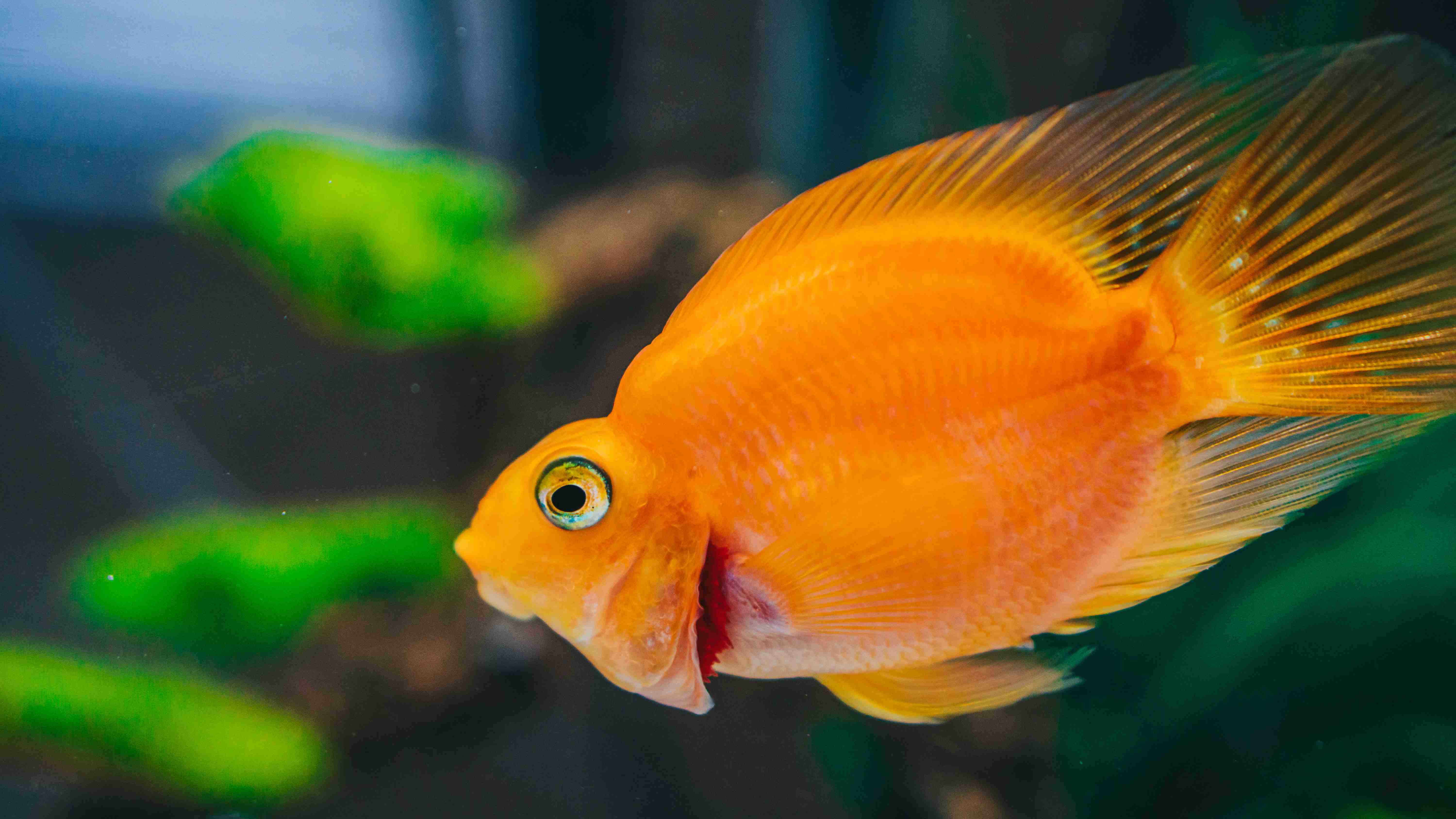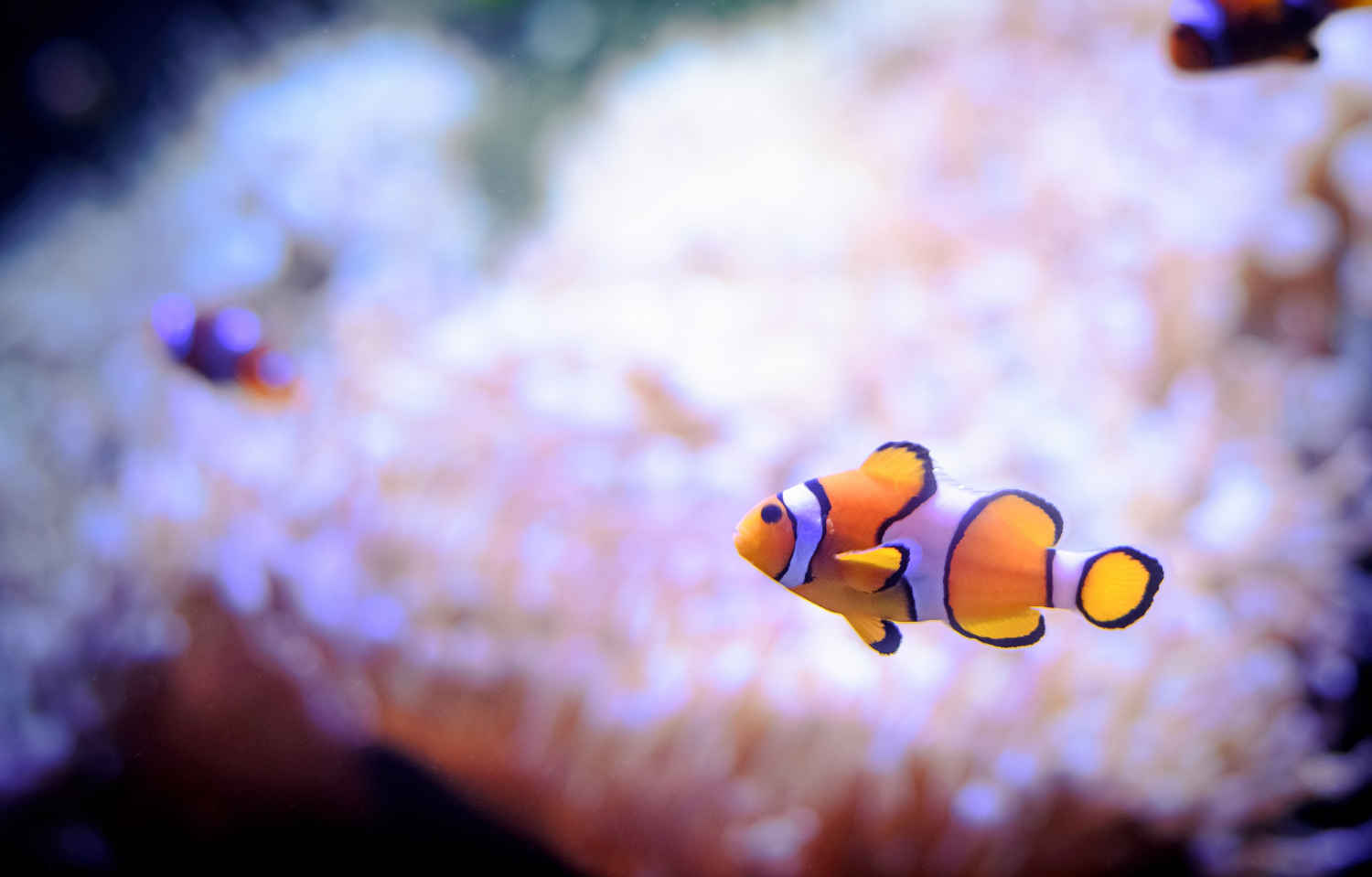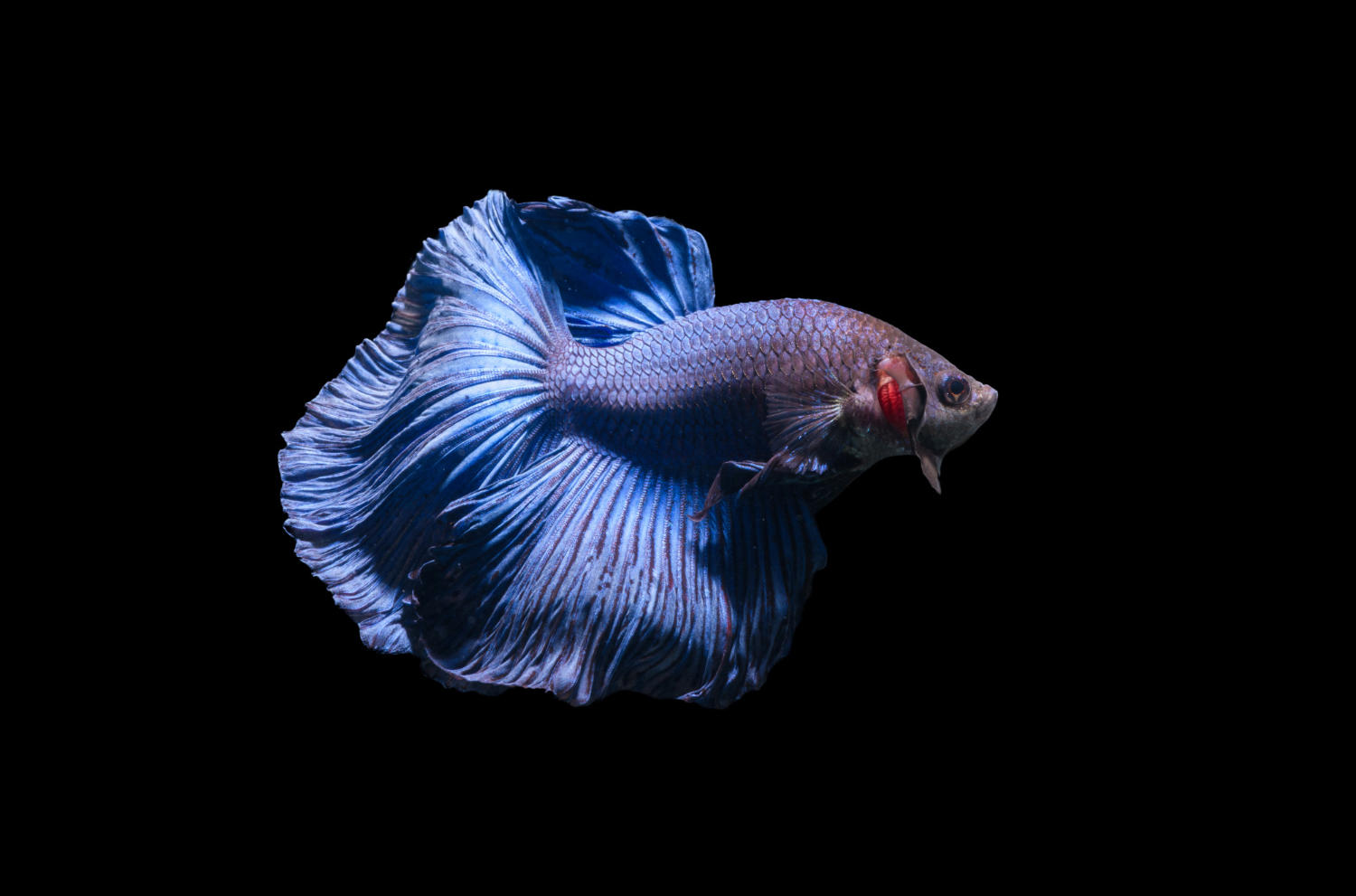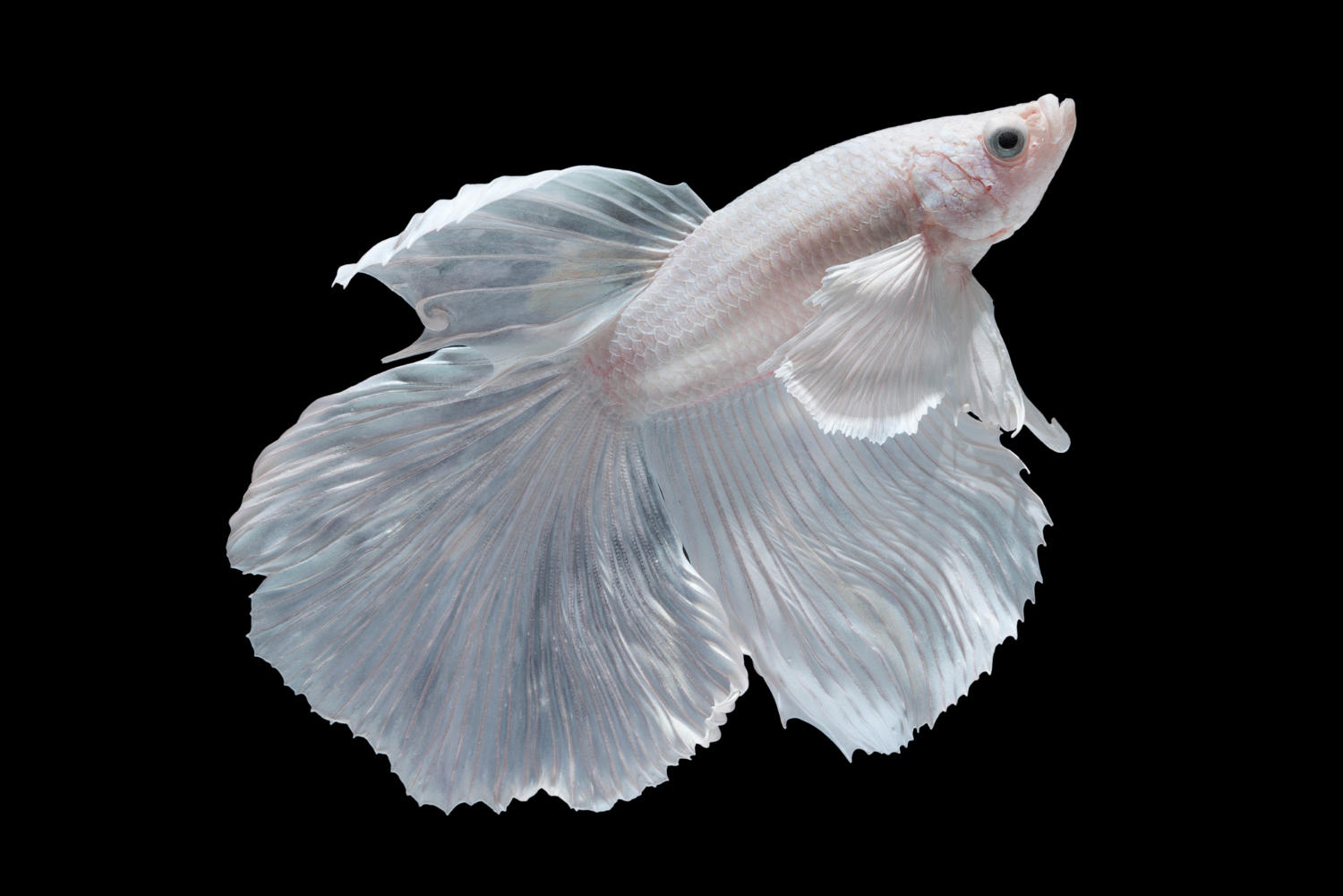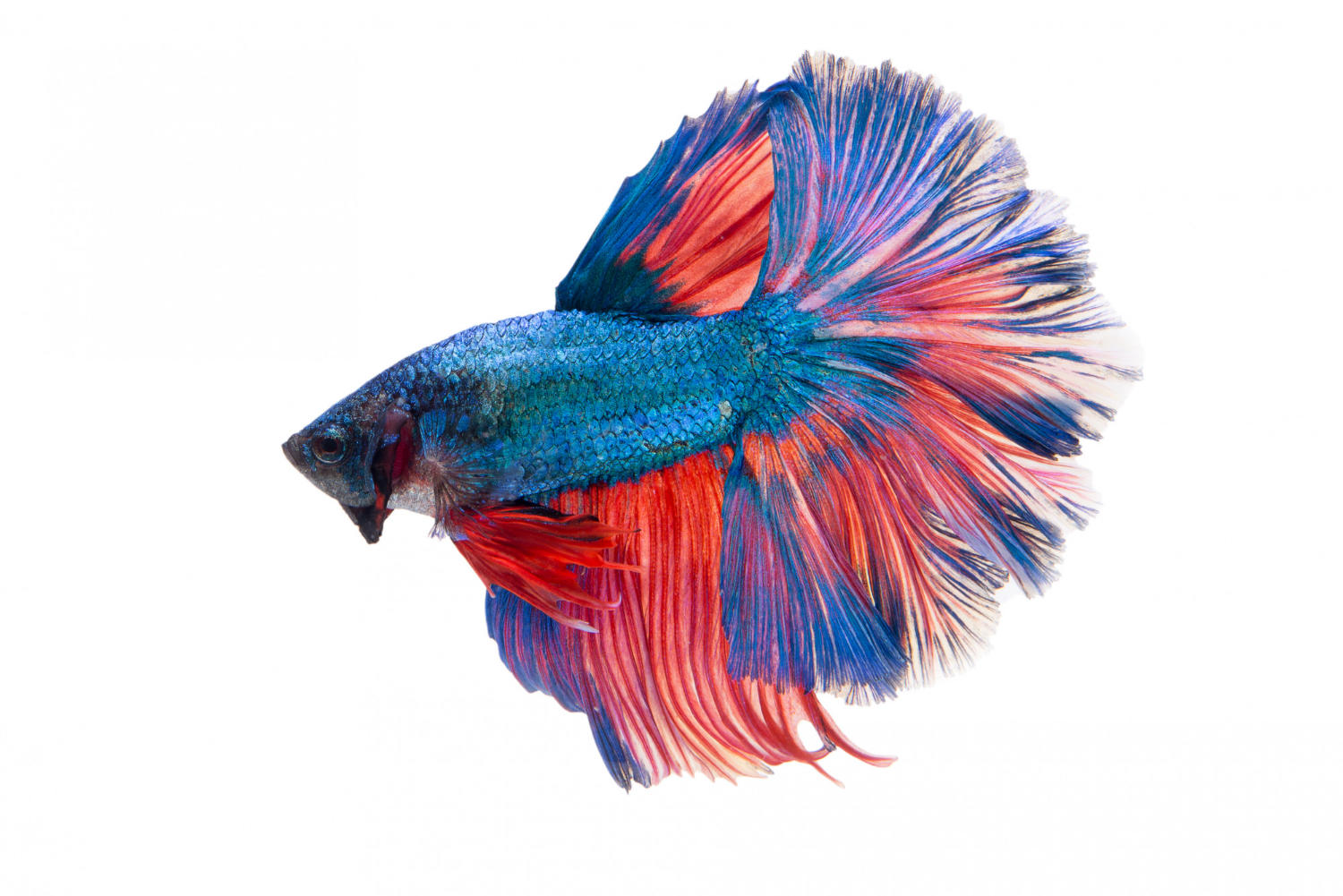If you’re an aquarium enthusiast, you may have found yourself wondering whether your fish can get bored. It’s a valid question, and one that has been a topic of debate among fish owners and experts for years. While fish may not have the same cognitive abilities as humans, they are still living creatures with their own set of behaviors and needs. In this article, we’ll explore the question of whether fish can experience boredom and provide some tips on how to keep them entertained and engaged in their aquatic environment. So, let’s dive in and find out if fish can swim through boredom!
Swimming Through Boredom: Do Fish Experience Boredom and How to Keep Them Entertained
Have you ever looked at your fish swimming in circles and wondered if they experience boredom? While fish may seem like simple creatures, they are actually quite complex and their behavior can tell us a lot about their emotions and mental state. So, can fish get bored? The short answer is yes! In this blog post, we will explore the concept of fish boredom, how to recognize it, and most importantly, how to keep your fish entertained.
What is Boredom in Fish?
Boredom is a feeling of dissatisfaction or restlessness that arises from a lack of stimulation or interest in one’s surroundings. While it may seem like a human emotion, studies have shown that many animals, including fish, can also experience boredom. Fish that are kept in small, empty tanks with no stimulation or enrichment are especially prone to boredom.
How to Recognize Boredom in Fish
It can be difficult to recognize boredom in fish, but there are some telltale signs to look out for. Bored fish may exhibit repetitive behaviors such as swimming in circles or constantly banging into the sides of the tank. They may also lose interest in food or become lethargic. In some cases, fish may even become aggressive towards other fish or objects in their tank.
How to Keep Fish Entertained
Now that we know fish can get bored, what can we do to keep them entertained? Here are some tips to help keep your fish happy and stimulated:
- Add Plants and Decorations to the Tank
 - Copy.jpg)
Adding plants and decorations to your fish tank can provide a more stimulating and interesting environment for your fish. Plants can provide shelter and hiding places for fish, while decorations such as rocks and caves can create interesting areas for fish to explore.
- Provide Toys and Enrichment
There are many toys and enrichment activities available for fish, such as floating balls, mirrors, and even puzzles. These can help keep fish mentally stimulated and prevent boredom.
- Vary their Diet
Just like humans, fish can become bored with the same food every day. Try varying their diet by introducing different types of food or even live food such as brine shrimp or bloodworms.
- Change the Layout of the Tank
Moving around the decorations and plants in your fish tank can create a new and interesting environment for your fish. This can help prevent boredom and keep your fish engaged.
- Give Them Space
Finally, it’s important to remember that fish need space to swim and explore. Avoid overstocking your tank and make sure your fish have plenty of room to move around.
Fish may seem like simple creatures, but they are capable of experiencing boredom just like humans and other animals. Keeping your fish entertained and stimulated is not only important for their mental well-being, but it can also improve their physical health. By following the tips outlined in this blog post, you can ensure that your fish are happy, healthy, and never bored.
As we wrap up our discussion on whether or not fish can experience boredom, it’s important to remember that these creatures deserve to live in environments that promote their happiness and well-being. By providing them with a stimulating and enriching environment, you can help keep your fish mentally and physically healthy. With a little bit of effort and creativity, you can turn your aquarium into a thriving ecosystem that your fish will love to call home. So go ahead and add some plants, rearrange some decorations, and try out some new toys – your fish will thank you for it!
Please follow us on Social Media


%20-%20Copy.jpg)
